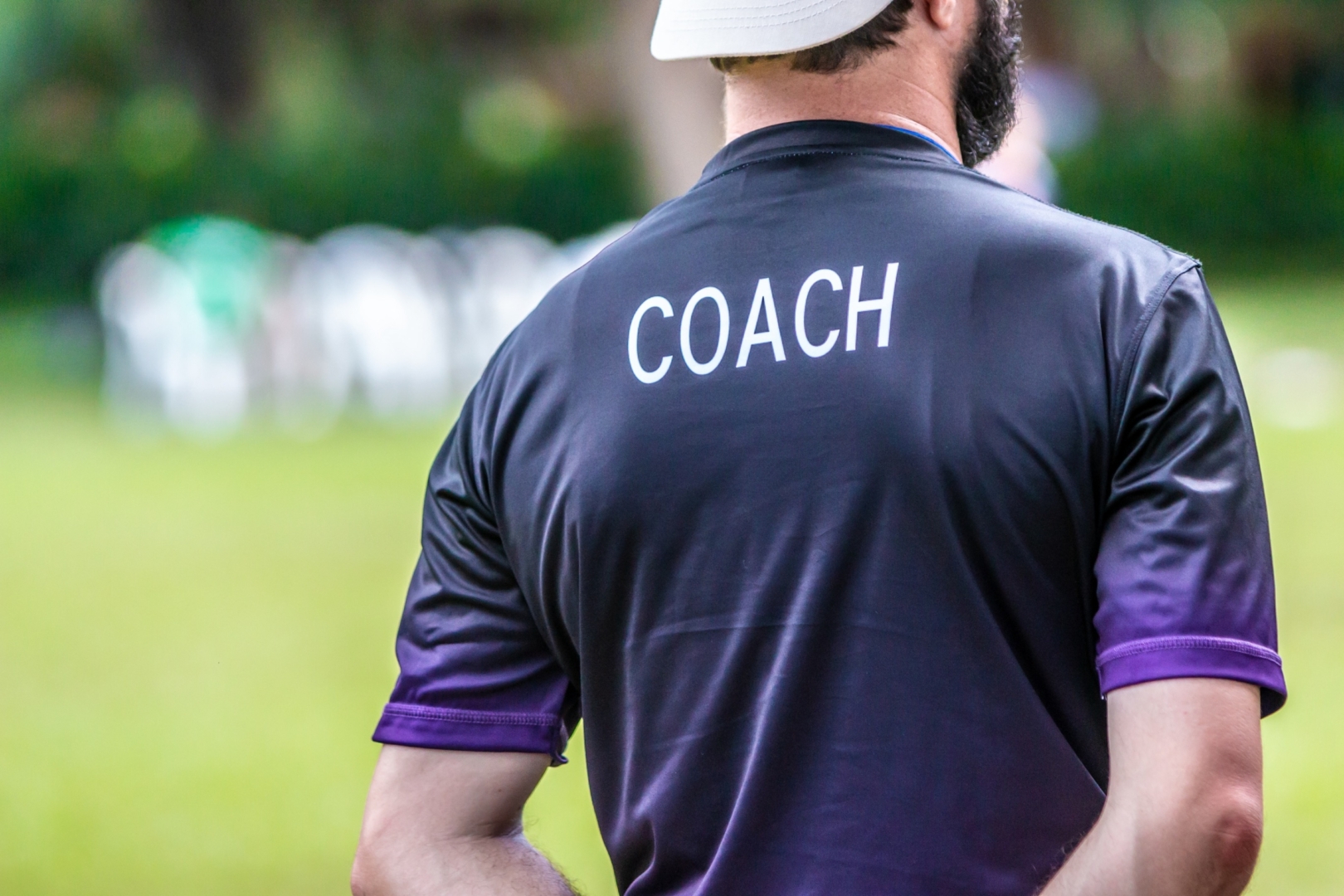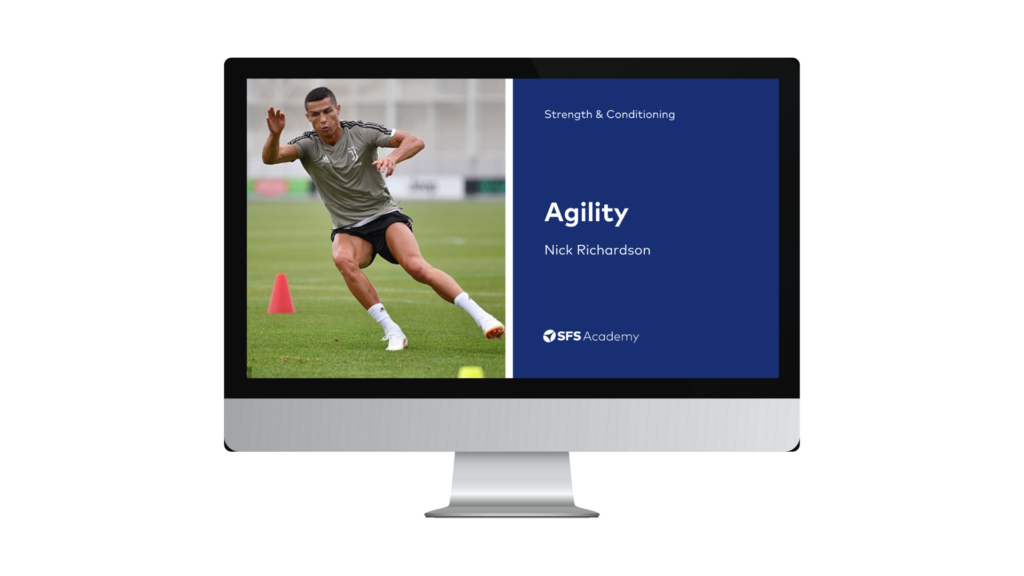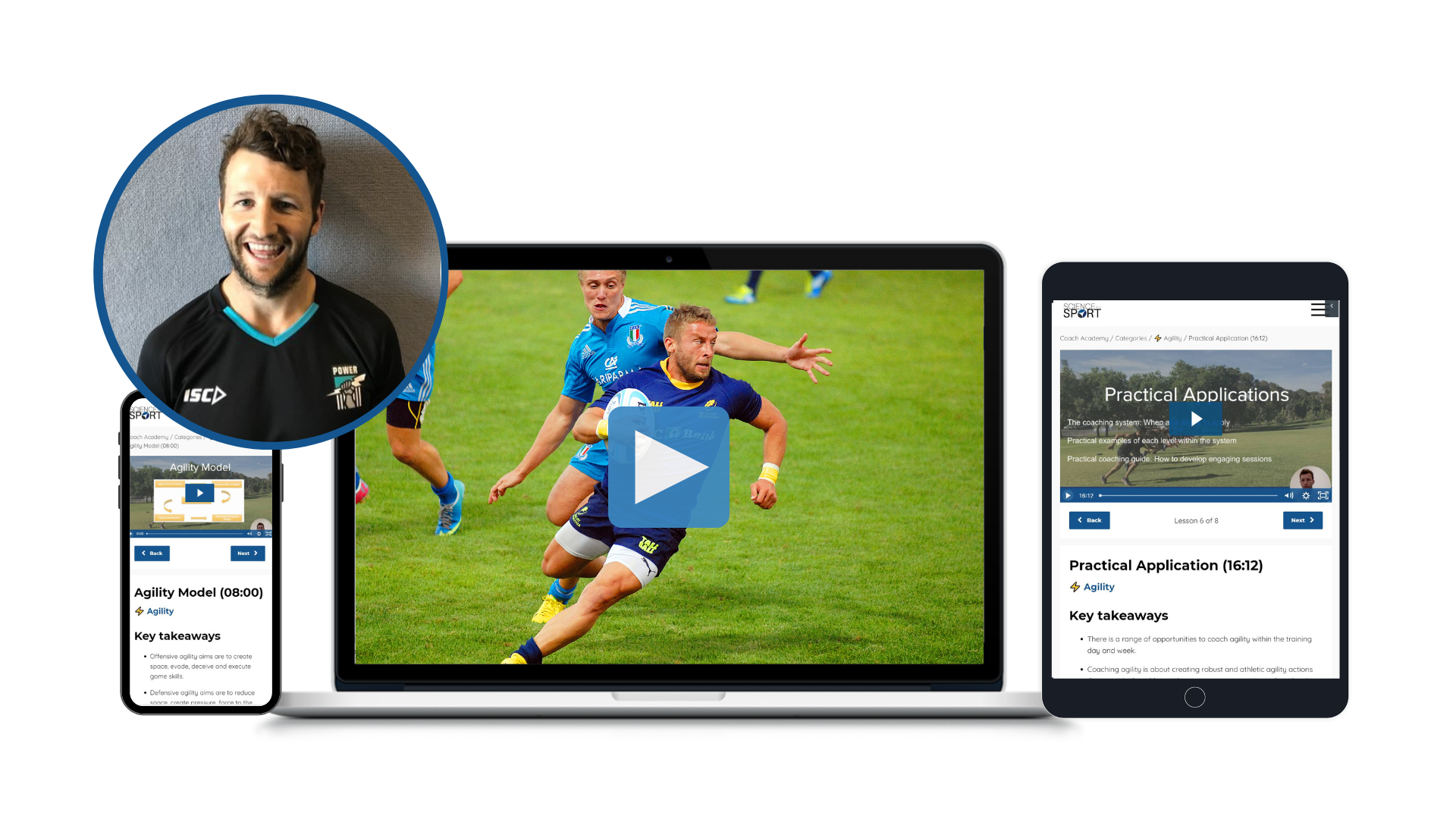How coaches, athletes and staff can maximise their wellness, health and wealth
There are myriad pain points in the high-performance sport industry but there are several strategies you can use to significantly improve your happiness, health, and job satisfaction.
Wellness in sports: Pain points and solutions
Have you struggled to find happiness in your work? Are you no longer the same person with the same verve and passion that you used to have? It happens to the absolute best of high-performance practitioners.
If you have neglected your health, happiness and wealth and want to improve those areas, you need to listen to episode 87 of the Science for Sport Podcast.
In this episode, Josh Fletcher, founder of CareerBlueprint, highlights the pain points of the high-performance sport industry and how you can make the necessary changes to significantly improve your happiness, health, and job satisfaction.
Fletcher, who worked for years in high-pressure roles including a project with a special forces unit in Romania, eventually reached a breaking point and he decided to take a step back. He realised he needed to concentrate on his wellbeing. With so many other high-performance practitioners going through similar battles, the idea of his new business was born.
No practitioner sets career goals of poor health, unhappiness, and fun-crushing bills. So how does it happen?
“The analogy I like to use is the world’s slowest train crash that everybody else can see coming, apart from you,” Fletcher said.
So if everyone else can see it, what are the signs to look out for? This is where athletes, coaches, colleagues and family all need to pay attention.
“Are they giving energy or taking energy, the general body language, the type of words, the language that they use, their physical appearance, the terminology they use, their availability and engagement,” Fletcher said.
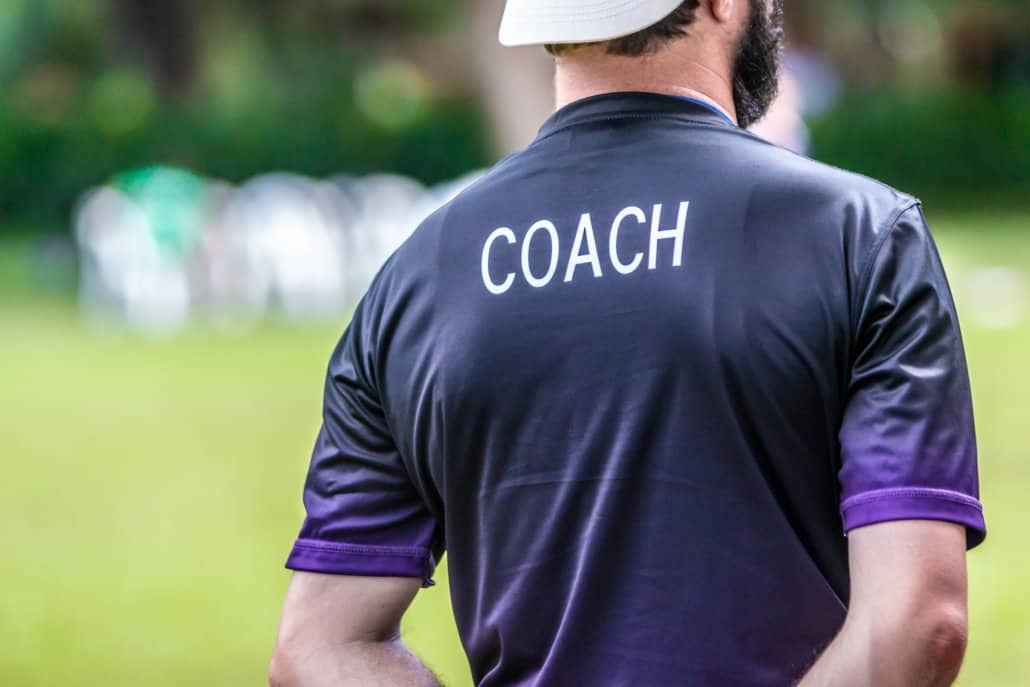
The importance of a healthy environment
This is a great list, but the difficulty comes when the person in question doesn’t have a support structure they can trust. Creating this environment can be the first step to changing your health and happiness.
“You have a responsibility for yourself to create an environment where people can talk openly about these things,” Fletcher said.
So opening up to share your thoughts and feelings with trusted members of your inner circle might help remove some of the weight from your shoulders, but when it comes to really improving your situation, what are the key changes you need to make?
“Journaling is a huge way that a lot of people are looking after themselves,” Fletcher said.
This is a super interesting and cost-effective way of looking after yourself – writing your thoughts down allows you to process the information in your head. But instead of just projectile vomiting your life onto a helpless piece of A5, you’ll need to work out a structure.
“What works for Boris doesn’t work for Doris. Your wellness and your wellbeing are bespoke, and that’s why I’m encouraging people to create their own system and structure, based on some sound principles,” Fletcher said.
Three key questions you need to ask
Fletcher says there are three key questions you need to ask to help structure your thoughts and ensure you get more out of your journaling experience.
Combining the above questions with goal setting is where the magic really starts to happen
“You can combine this with basic things like goal setting. So essentially, you’re looking at short, medium, and long-term,” Fletcher said.
It would be simple to start setting goals for one week, four weeks, six months, and one year. Then look longer towards three or even 10-year goals.
This potent combination of reflective questioning and goal setting can highlight any discrepancies in your work-life balance.
The most important question you can then ask yourself is whether you are executing your decisions based on your goals.
“Are my decisions and my guiding principles in line with my short and long-term goals?” Fletcher said.
Wellness in sports – there’s no quick fixes
So there you have it – a cheap, simple, and effective way to improve your health and wellness. No shiny tricks or quick fixes, just an honest look at yourself and your situation, coupled with simple goal setting and the self-reflection to work out whether your actions are matching your goals.
If you want to hear more about how to improve your health wellness and happiness, or how you can help others around you, be sure to check out the full podcast episode using the link below.
You can download the podcast on any of the big hosting services, including Apple Podcasts and Spotify, or just use this link: https://scienceforsport.fireside.fm/87
Don’t forget to hit the subscribe button and be sure to give us a review and rating too!
